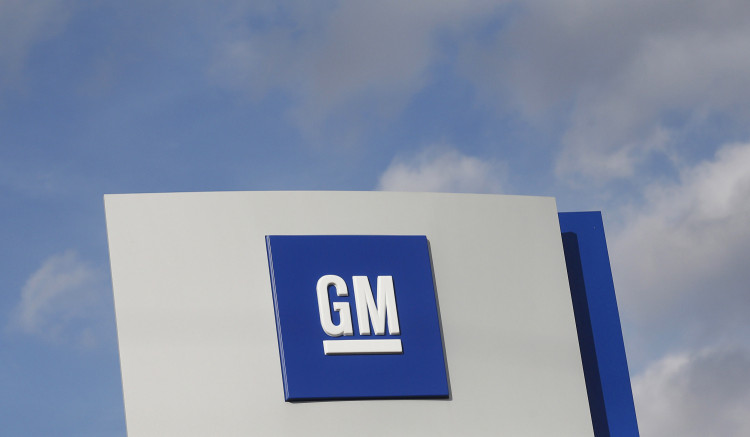The United Auto Workers (UAW) union has amplified its strike actions against General Motors (GM), with the latest focal point being GM's Arlington Assembly plant in Texas, where 5,000 members have walked off the job. This escalation comes just hours after GM's third-quarter earnings report, which showcased growth despite the ongoing labor disputes.
The Arlington Assembly plant holds significant strategic importance for GM. It's the birthplace of some of the company's most lucrative vehicles, including the Chevy Tahoe, Chevy Suburban, GMC Yukon, and the Cadillac Escalade. The decision by the UAW to strike shortly after GM's earnings report is perceived by many industry experts as a calculated move to maximize its bargaining power.
Despite the strikes, GM's earnings report indicated a loss of only $200 million during the strike's initial two weeks. Even with this setback, the automaker reported a growth trajectory for the third quarter. However, the financial ramifications of the ongoing strike, coupled with the potential for increased losses due to the broadening of the strike's scope, adds another layer of complexity to GM's current challenges.
UAW President Shawn Fain was vocal about the situation, stating, "Another record quarter, another record year. As we've said for months: record profits equal record contracts. It's time GM workers, and the whole working class, get their fair share." This sentiment encapsulates the union's position that GM's financial windfalls should be reflected in improved contracts and conditions for its workforce.
Reacting to the intensified strike, GM expressed its dismay in a statement, noting, "We are disappointed by the escalation of this unnecessary and irresponsible strike. It is harming our team members who are sacrificing their livelihoods and having negative ripple effects on our dealers, suppliers, and the communities that rely on us. Last week, we provided a comprehensive offer to the UAW that increased the already substantial and historic offers we have made by approximately 25% in total value. It is time for us to finish this process, get our team members back to work and get on with the business of making GM the company that will win and provide great jobs in the U.S. for our people for decades to come."
The UAW's actions are part of a larger trend of labor disputes with major automakers. Just a day earlier, the UAW announced a strike against Stellantis' Sterling Heights plant in Michigan, impacting 6,800 workers. These unfolding events underscore the mounting tensions between the UAW and automotive giants as both parties seek favorable outcomes in their negotiations.
With the strikes continuing to evolve, stakeholders across the automotive industry, from investors to consumers, will be keenly observing the developments. The resolutions of these labor disputes could set precedents for the future of the U.S. automotive sector and its workforce.






